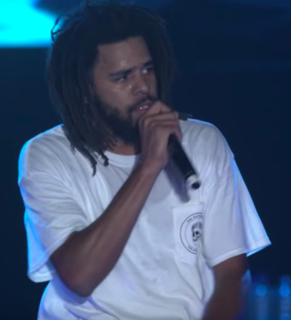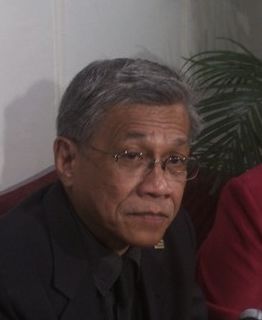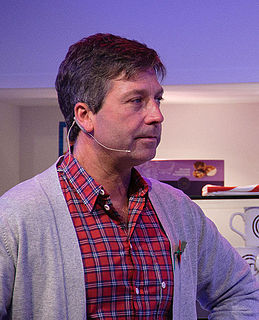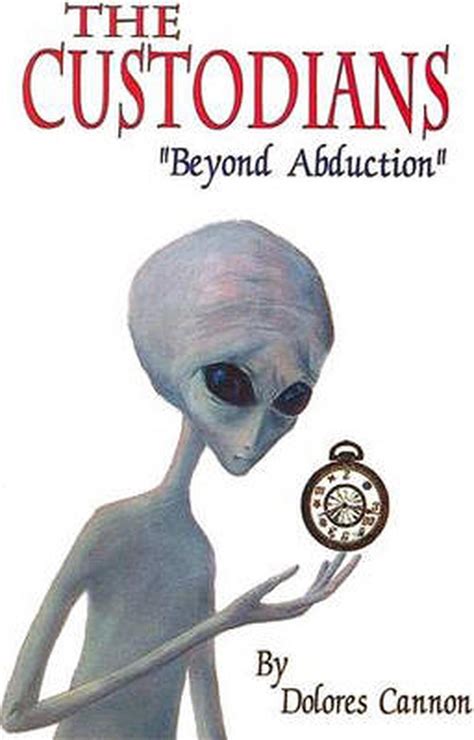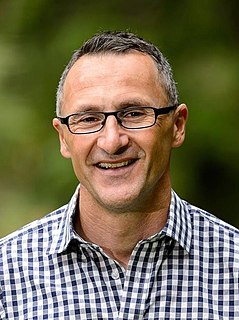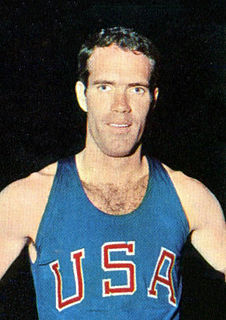A Quote by Zac Goldsmith
A number of countries around the world, and indeed the E.U. as a whole, have chosen not to allow the import from the U.S. of beef from cows fed a diet that includes the hormone ractopamine, because of the fairly grave health concerns.
Related Quotes
You go to any town, any city, any state in America and there's always a McDonald's. In a lot of places around the world, it's almost the same thing. And Nikki Giovanni was like, "Damn, where are we keeping all these cows?" And it made me think to myself, like, "Damn, where are we keeping all these cows?!" It makes me think that the beef we're eating isn't even close to being real. There can't even be enough cows in the whole world just to sustain the appetites of just Americans! I'll always remember that.
The American fast food diet and the meat eating habits of the wealthy around the world support a world food system that diverts food resources from the hungry. A diet higher in whole grains and legumes and lower in beef and other meat is not just healthier for ourselves but also contributes to changing the world system that feeds some people and leaves others hungry.
Today's fishing industry supplies land farms with fish as well. Over fifty percent of the fish caught is fed to livestock on factory farms and "regular" farms. It is an ingredient in the enriched "feed meal" fed to livestock. Farm animals, like cows, who by nature are vegans, are routinely force-fed fish as well as the flesh, blood, and manure of other animals. It may take sixteen pounds of grain to make one pound of beef, but it also takes one hundred pounds of fish to make that one pound of beef.
Throughout my work, my subjects are being told that they must change their diet in order to make the adjustment into the new world. Our bodies must become lighter, and this means the elimination of heavy foods. During the sessions, my clients are repeatedly warned to stop eating meat (beef and pork especially), mainly because of the additives and chemicals that are being fed into the animals.
Animals raised on corn produce fattier meat, but it's not just that it's fattier, it's the kinds of fats. Corn-fed beef produces lots of saturated fats. So that the heart disease we associate with eating meat is really a problem with corn-fed meat. If you eat grass-fed beef, it has much more of the nutritional profile of the wild meat.
I've obviously come from a health background. I was a doctor before I became a pollie and one of the things I'd like to do is to really build on the world-class health system we've got. I'm passionate about climate change because it's also a health issue. Things like extreme weather impact on people's health, the ability of our hospitals to cope, the impact on mental health, on farmers in regional areas - they're all serious health concerns.

